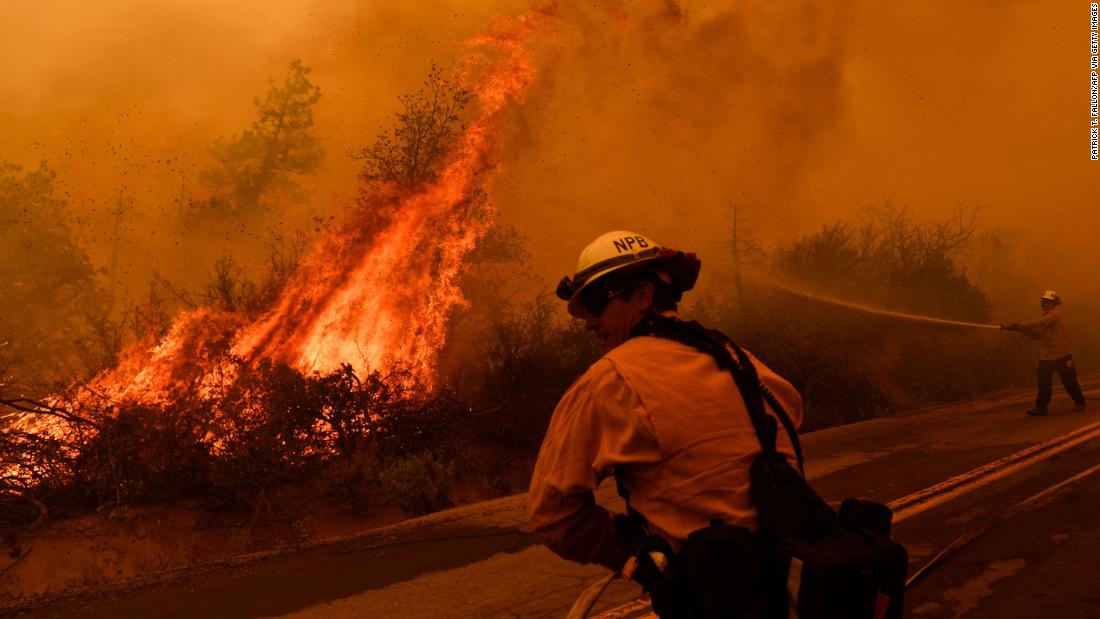“The last seven years have all been more than 1-degree Celsius above the 19th century — and that’s large enough on a planetary scale to start showing up much, much more clearly in local and regional and extreme events,” Gavin Schmidt, a climate scientist at NASA, told CNN. “The global warming is now large enough that it’s an indicator of all those other things that we’re already seeing. So, we’re now seeing global warming quite locally in ways that, a decade ago or maybe 20 years ago, was still unclear.”
Almost every corner of the world felt the effects of the rapidly warming planet last year. Schmidt said he expects weather and climate related disasters to carry into 2022, and for global average temperatures to be warmer than 2021.
“We will see instances of extreme precipitation that will break records or see extreme heat waves that will break records. We will see increased wildfires; we will see increases in coastal flooding; we will see increases in sea level; we will see increased mass loss from Greenland and Antarctica,” Schmidt said. “These are very predictable aspects of the climate.”
“Global warming is happening, and I always sound like a broken record because we’ve basically broken the climate,” Schmidt said. “We need to keep tracking what’s happening to the planet. And even though it’s doing what we expect, it’s getting warmer because we’ve got more greenhouse gases in the atmosphere. We don’t get any satisfaction as scientists from being proven right on this. We would much rather have been wrong.”
